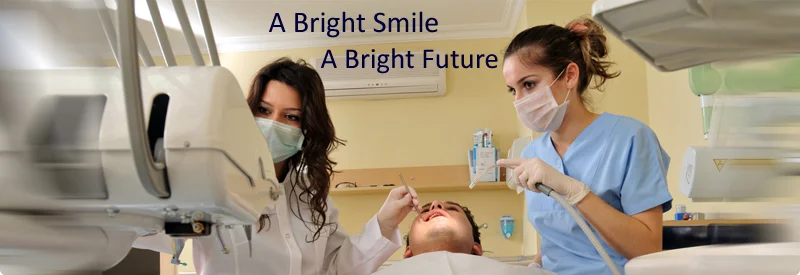Navigating the Heart of Healthcare: Pros and Cons of a Cardiology Externship
/For Medical Assisting students, completing a 275-hour externship is a critical step in their journey towards becoming healthcare professionals. This real-world experience allows students to apply what they have learned in the classroom to a clinical setting. One popular choice for externship sites is a cardiologist’s office.
Below, we delve into the pros and cons of this choice to help students make an informed decision.
Pros
1. Skill Enhancement in Cardiac Care Procedures
Stress Tests:
Performing stress tests is a common task in a cardiologist’s office. Students gain hands-on experience in preparing patients for the test, monitoring vital signs, and observing the patient’s reaction to physical exertion. This experience is vital for understanding heart function under stress.
Electrocardiograms (EKGs):
Learning to perform EKGs is a foundational skill for Medical Assisting students. At a cardiologist’s office, students will likely perform these tests daily, honing their skills rapidly and becoming proficient in identifying and understanding different cardiac rhythms.
2. Patient Education Privilege
Cardiology externships often involve a significant amount of patient education. Students have the chance to educate patients about heart health, medications, lifestyle changes, and preparation for procedures. This is not only rewarding but also a critical component of patient care.
3. Networking and Mentorship Opportunities
Working in a specialized field like cardiology opens doors to unique networking opportunities. Students can build relationships with healthcare professionals in a specialized sector, which may lead to job opportunities after graduation.
Cons
1. Highly Specialized Experience
One potential downside to choosing a cardiology externship is that the experience is highly specialized. The skills you learn are specific to cardiac care, which might limit your versatility as a Medical Assistant. For example, the experience may not familiarize students as comprehensively with procedures and conditions outside of cardiology.
2. Potential for Limited Scope of Practice
In a specialized setting like a cardiologist’s office, students may have a narrower range of responsibilities compared to those in a general practice setting. This could potentially limit exposure to the broader scope of skills that a Medical Assistant might use in a more generalist role.
3. Job Market Constraints
Specializing in cardiology might make it easier to find a job in a cardiology practice after graduation, but it might also limit opportunities in other areas of medicine if the job market for cardiology assistants is tight.
Conclusion
Choosing where to complete your Medical Assisting externship is a significant decision. Completing your 275-hour externship in a cardiologist’s office offers rich learning experiences, especially concerning stress tests and EKGs, and the privilege of educating patients on vital health matters. However, specialized experience may not be for everyone. It may narrow your scope of practice and potentially limit your job opportunities outside of cardiology.
Ultimately, the best decision is one that aligns with your career goals and interests. If you are passionate about heart health and envision a career in cardiology, an externship in a cardiologist’s office might be the perfect fit for you. If you prefer broader exposure to various aspects of healthcare, a general practice setting may be more beneficial.





